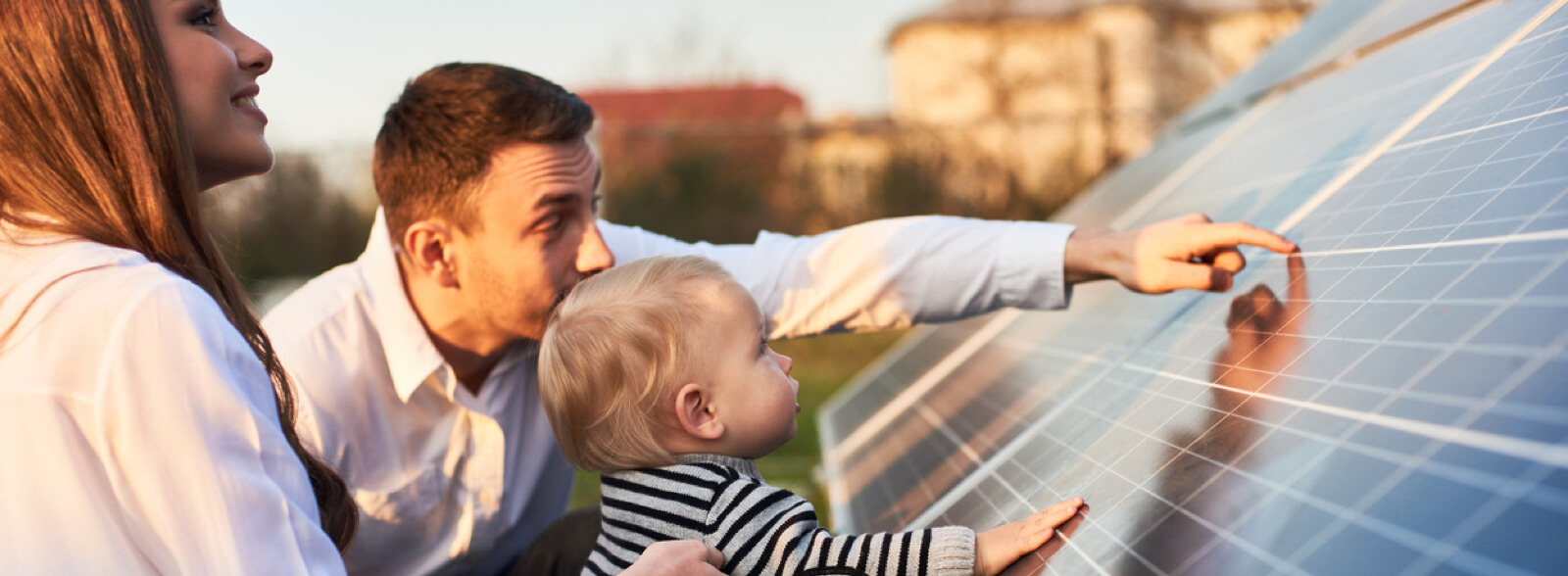5 Ways To Cash In on the Inflation Reduction Act
01/19/2023
The Inflation Reduction Act (IRA) of 2022, which was signed into law last August, aims to fight inflation by lowering prescription drug and health care costs and by promoting clean energy. Most IRA programs go into effect in 2023. Here are five ways you can use the IRA to make energy-efficient changes that will save you money and have a positive impact on the environment.
-
Purchase Energy-Efficient Appliances
One of the biggest potential savers will be on energy-efficient appliances for your home. IRA rebates can cover anywhere from one-half to the full cost of purchase and installation. That means major savings on appliances like heat pumps, water heaters, clothes dryers, ovens, and more.
For example, depending on your income level, you could be eligible for as much as $2,000 to replace your furnace or air conditioner with an electric heat pump that provides more efficient heating and cooling. The rebates will also help offset any costs associated with updating your home’s electrical system to handle the load from the new appliances.
Millions of low- and moderate-income Virginians are eligible for these rebates. Check your eligibility on ENERGY STAR’s Tax Credits for Homeowners page.
-
Make Home Improvements
Keeping air inside your home is key to energy efficiency and savings. The U.S. Department of Energy estimates that heat gain and loss through windows are responsible for 25% to 30% of home heating and cooling energy use. The IRA offers tax credits and rebates on projects that reduce energy leakage. Any homeowner is now entitled to up to $4,000 in rebates. Low-income households can receive up to $8,000.
These credits and rebates can cover up to 30% of the cost of improving insulation, air sealing (like caulking and weatherstripping), and upgrading doors or windows. That includes an expanded energy-efficient home improvement credit. Households can now claim up to $1,200 annually to install insulation or energy-efficient windows and doors.
If you’re not sure where to start on making upgrades, Virginia Energy Sense recommends working with a certified home energy auditor. Our list of partners can help match you with the services you need. The IRA offers up to $150 in tax credits to get a professional home energy audit. Some organizations offer the service at no cost, depending on your income level.
-
Go Solar
If you’re ready to take the next step in energy independence, invest in rooftop solar. The IRA is increasing the tax credit for installing solar panels from 22% to 30% for 2023. Unlike some solar programs, there are no income limits to take advantage of this incentive. The White House estimates that the average family will save $300 per year or $9,000 over the life of a solar energy system. Depending on your energy use, you could save even more.
If you decide to go solar, you’re not alone. Around 240,000 Virginia households will use the IRA to install solar panels, said the White House. Learn more about installing solar energy on the How To Go Solar page.
-
Take Advantage of Small-Business Tax Credits
The IRA goes beyond helping homeowners. Virginia has nearly 784,000 small businesses. If you own one of them, you can cash in on going green.
Commercial building owners can receive up to $5 per square foot in tax credits if they make upgrades to their building’s energy efficiency. Other credits are available as well. Business owners can get up to 30% back for installing solar power or switching to clean vehicles for their commercial fleets.
The energy-efficient commercial buildings deduction will also expand, based on the cost savings generated by energy efficiency investments. This gives businesses a double dose of rewards for switching to green appliances.
-
Invest in an Electric Vehicle
Starting in 2023, the IRA can save you up to $7,500 on a new electric vehicle or $4,000 on a used one. While an electric vehicle will not decrease your home energy use, a hybrid could save you money at the gas pump. The investment may be worthwhile, especially if you’re investing in renewable energy like solar so that you can charge your car at home with the power of the sun.
Millions of Virginians will be eligible for these upfront discounts. To see if your vehicle qualifies, check the Department of Energy’s electric vehicle tax credit list. Income-qualified families can also get a tax credit for electric cars they already own.
Charging on the go will also become easier. Virginia submitted a plan to use money from President Biden’s Bipartisan Infrastructure Law to expand electrical vehicle charging stations along major roads.
The IRA offers many more incentives, rebates, and credits to help you become more energy efficient. Visit the Incentives and Rebates page to learn more and get the most from these programs.